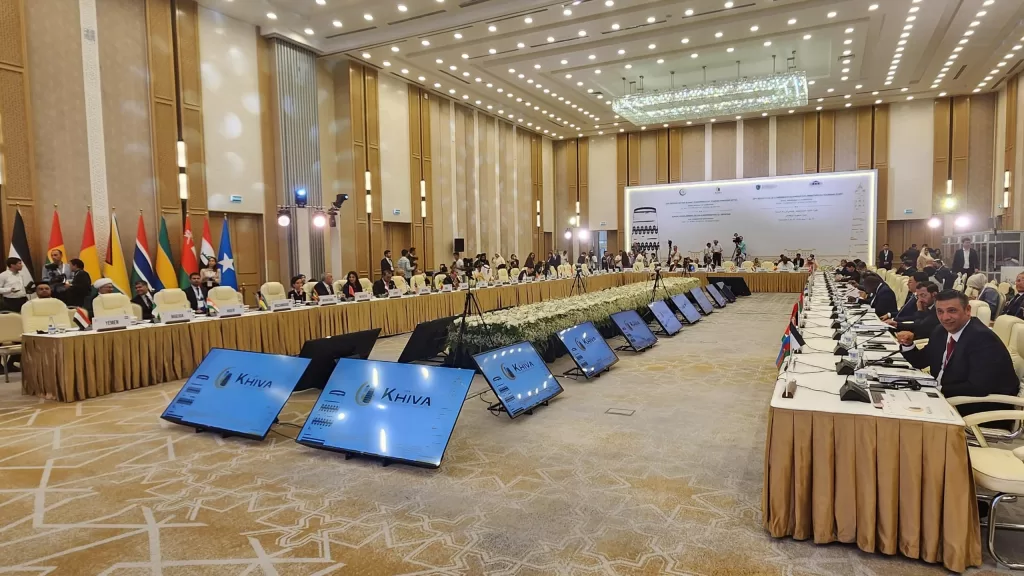
ICESCO Director-General Reviews the Organization’s Efforts to Develop Comprehensive Tourism Strategies for the Islamic World
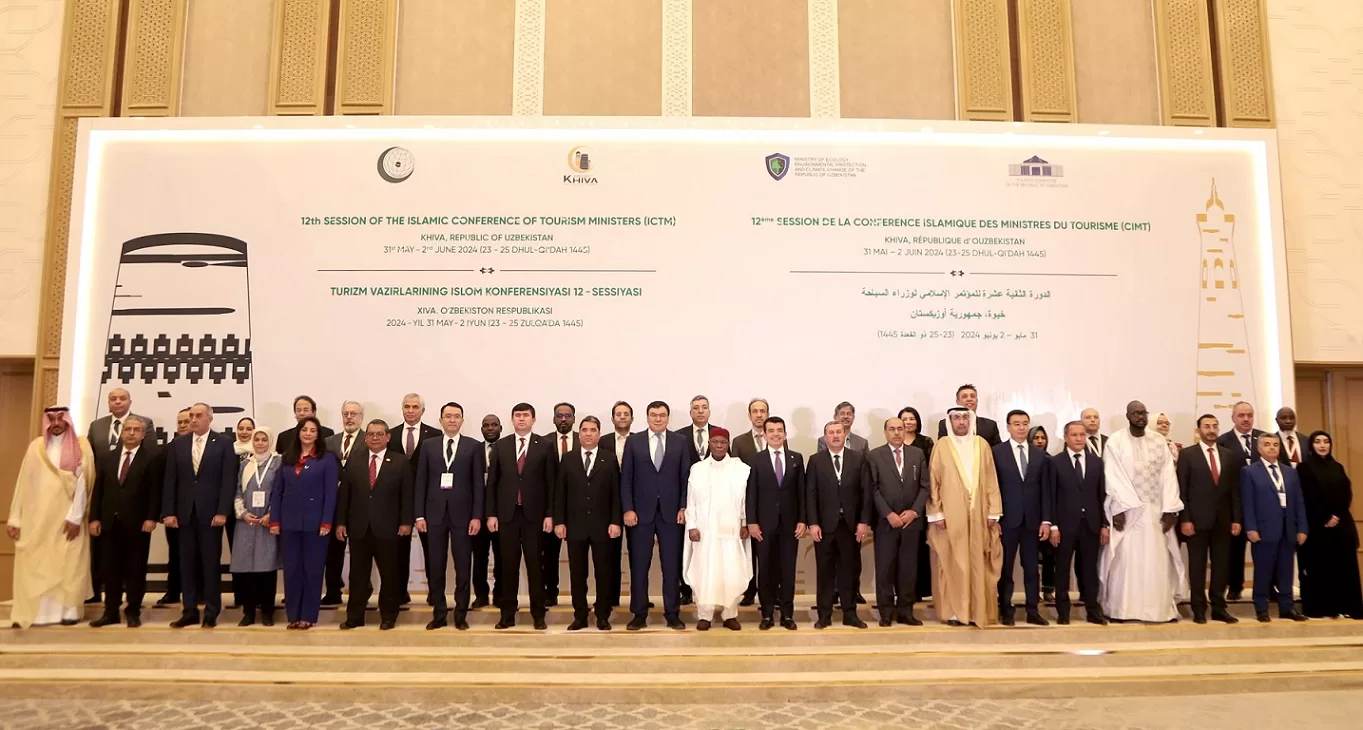
2 June 2024
Dr. Salim M. AlMalik, Director-General of the Islamic World Educational, Scientific and Cultural Organization (ICESCO), emphasized the need for increased efforts to build a promising future for tourism and to make this sector a means for connecting humans, resolving conflicts, and a tool for foresight. Dr. AlMalik affirmed ICESCO’s commitment to developing knowledge related to tourism, thus keeping pace with technological advancements, developing cultural plans, and promoting heritage to raise awareness and enhance tourism destinations.
Dr. AlMalik made these remarks during his participation in the 12th Session of the Islamic Conference of Tourism Ministers (ICTM), organized by the Organization of Islamic Cooperation (OIC) in Khiva, Khorezm region, and hosted by the Tourism Committee of the Republic of Uzbekistan, under the rallying call, “Developing the Tourism Industry in a Sustainable and Flexible Manner.” The Conference, which is part of celebrating Khiva as the Tourism Capital of the Islamic World for 2024, saw a high-level presence of tourism ministers in the Islamic world, representatives of international organizations, as well as experts and specialists in the field.
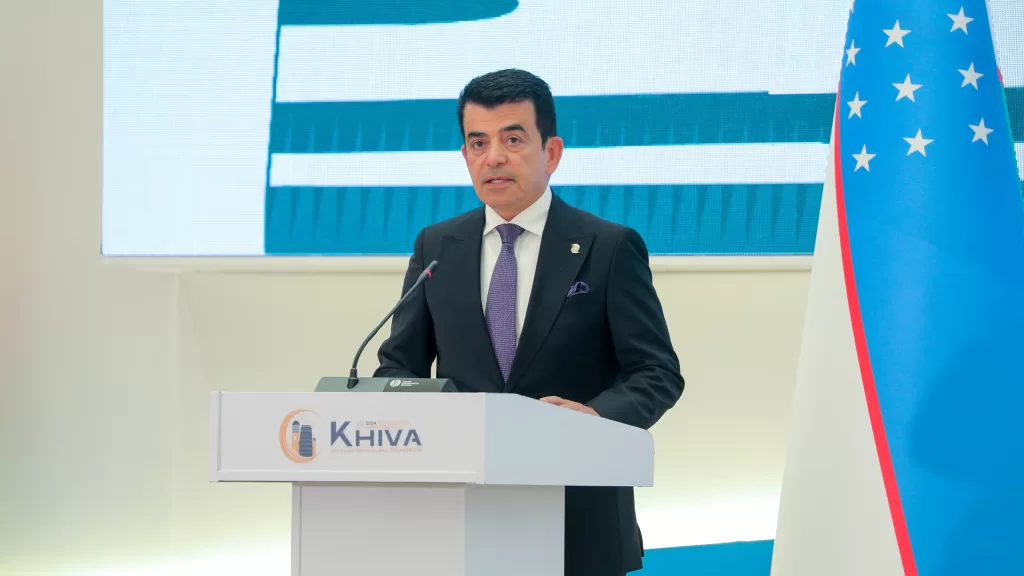
Moreover, Dr. AlMalik stated that tourism is a ground for a multitude of ideas and activities related to politics, economy, culture, and arts and a metric for human mobility, global security, peace, and prosperity. Dr. AlMalik emphasized the freedom of mobility and the role of tourism that extends beyond mere leisure, attracting capital and acquiring knowledge and cultures to serve as a diplomatic soft power.
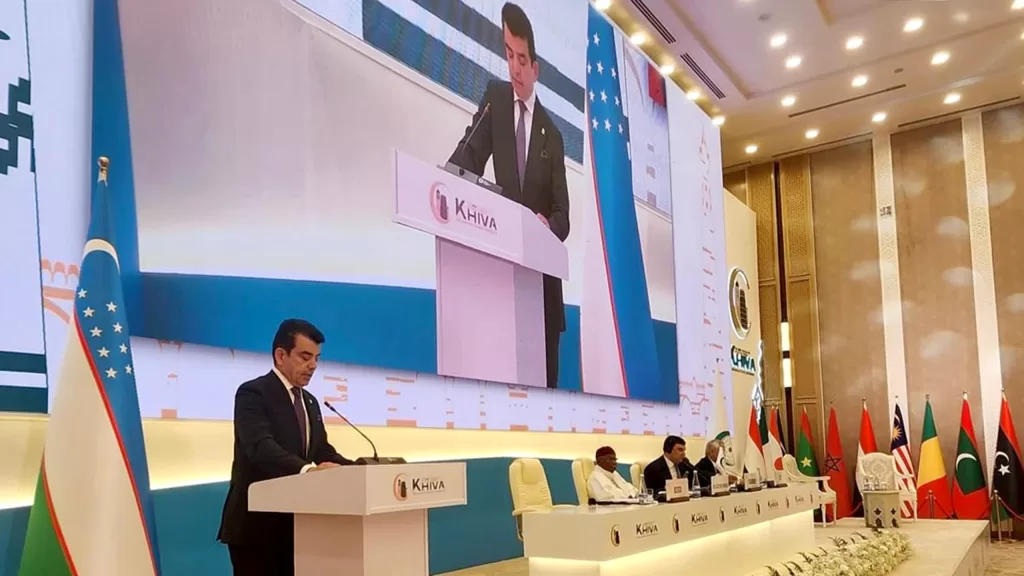
In the same vein, ICESCO Director-General stated that the Organization, given its role in the cultural aspects of tourism, seeks to develop comprehensive tourism strategies. Dr. AlMalik underscored the increasing roles of tourism and the need for pooling efforts to develop more equitable and creative policies that address the risks facing this industry, recalling the impact of the Covid-19 pandemic on tourism, with the loss of approximately 900 billion dollars in two years.
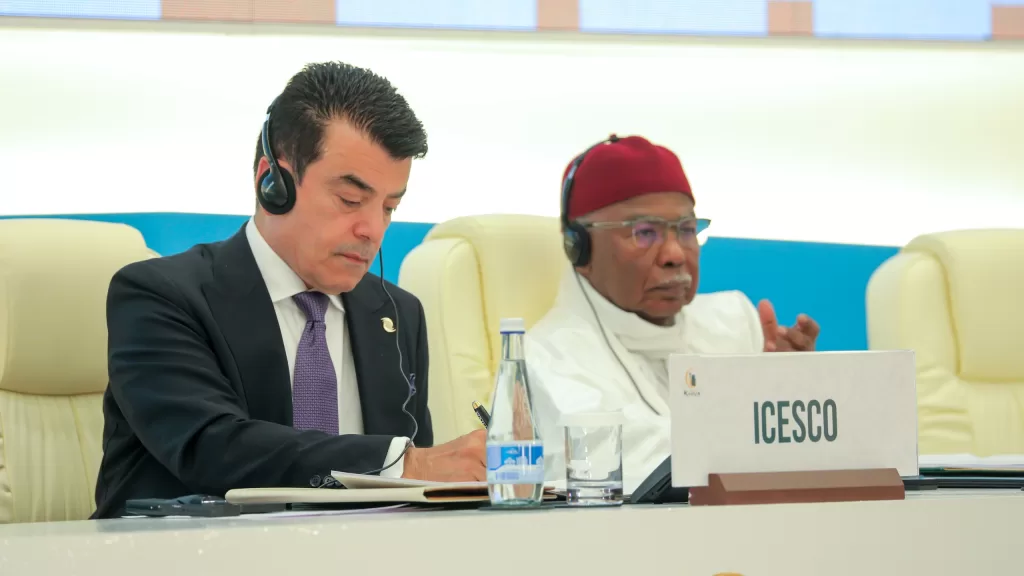
Dr. AlMalik presented several recommendations by ICESCO to recover tourism in the Islamic world. These include developing joint plans for the tourism industry, encouraging media to further highlight accomplishments and developments in tourism facilities, establishing a shared tourism information bank, enabling youth in tourism development systems by leveraging artificial intelligence applications, and adopting “intra-regional tourism” among the countries of the Islamic world.
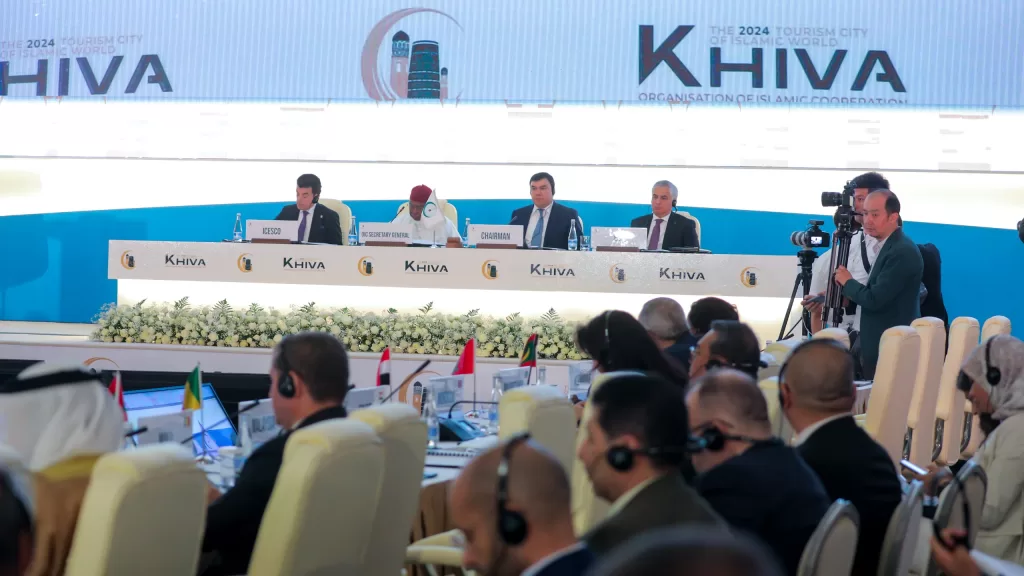
At the end of his speech, Dr. AlMalik expressed gratitude to H.E. Shavkat Mirziyoyev, President of the Republic of Uzbekistan and the Uzbek government for hosting the ICTM, which is dedicated to reviving and developing tourism. Dr. AlMalik also thanked the OIC for its continuous efforts and outstanding initiatives and actions.
